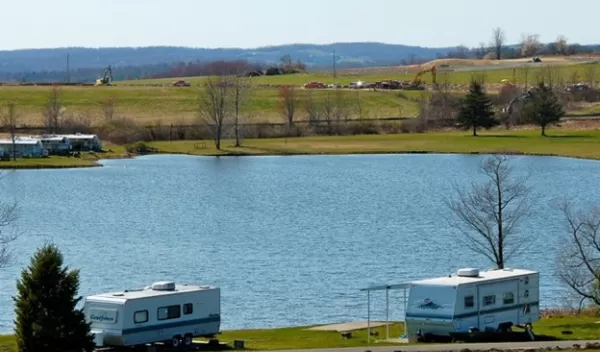
Recent research analyzes the chemical composition of fracking wastewater
The composition of fracking wastewater and the ramifications of recycling or reusing wastewater produced by the fracking process have not been closely scrutinized.
Now U.S. National Science Foundation chemists based at The University of Toledo analyzed the chemical composition of fracking wastewater samples and found toxic and carcinogenic contaminants in untreated fracking wastewater. The research was published in Environmental Science and Technology.
In addition to detailing the method used to analyze the wastewater, the study contains information that will inform, influence and improve wastewater treatment and disposal guidelines.
"The discovery of these chemicals in produced water suggests that greater monitoring and remediation efforts are needed since many of them are listed as dangerous for human health by the World Health Organization," said Emanuela Gionfriddo, a co-author of the study. "Our characterization sheds insight into the processes taking place during hydraulic fracturing and the nature of the geologic formation of each well site."
The chemists used an approach called thin-film, solid-phase microextraction to separate organic soluble species in fracking wastewater samples. The team found more than 250 organic compounds, among them pesticides, irritants and carcinogens. Rare earth elements and hazardous metals such as lead and uranium were included in the census.
"We found a way to use more accessible instrumentation in the analysis of complex samples compared to more expensive workflows involving high-resolution mass spectrometry," said study co-author Jon Kirchhoff.
The technology used for the comprehensive analysis of fracking wastewater is a step forward in managing the use, reuse and disposal of fracking wastewater produced from oil and gas production, the scientists said. The research could help counteract the negative effects of fracking on people, animals, land and water.


